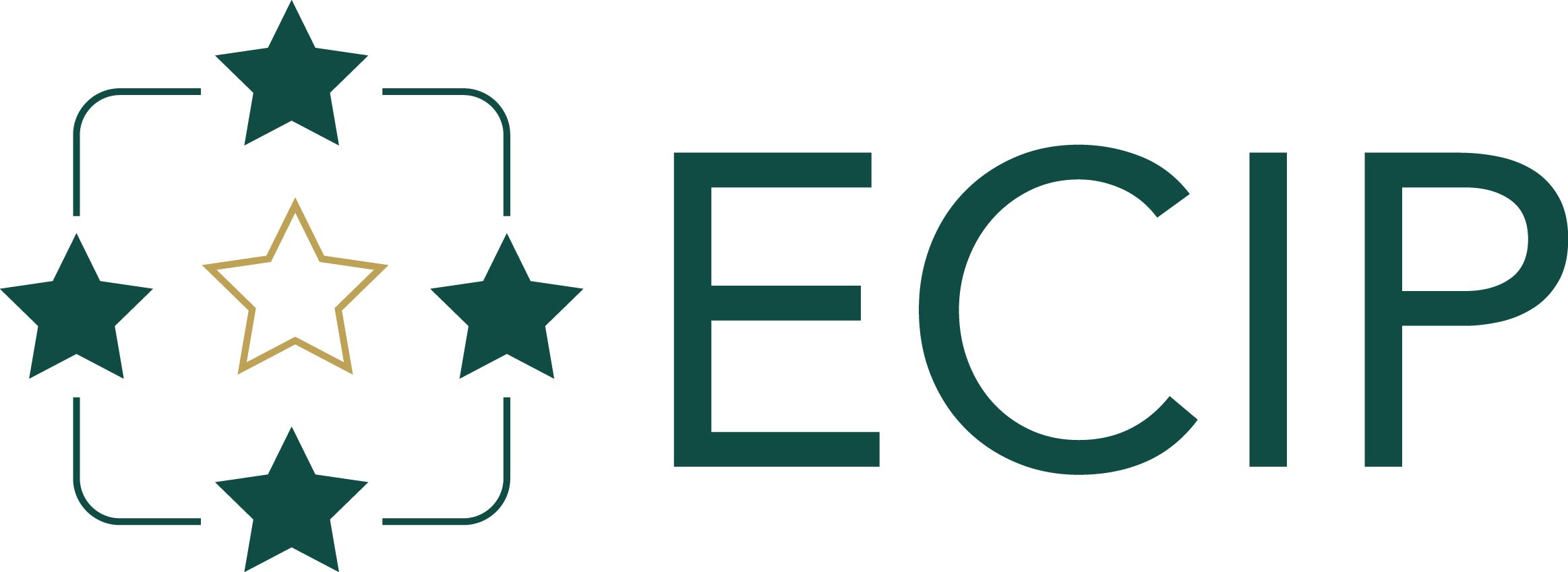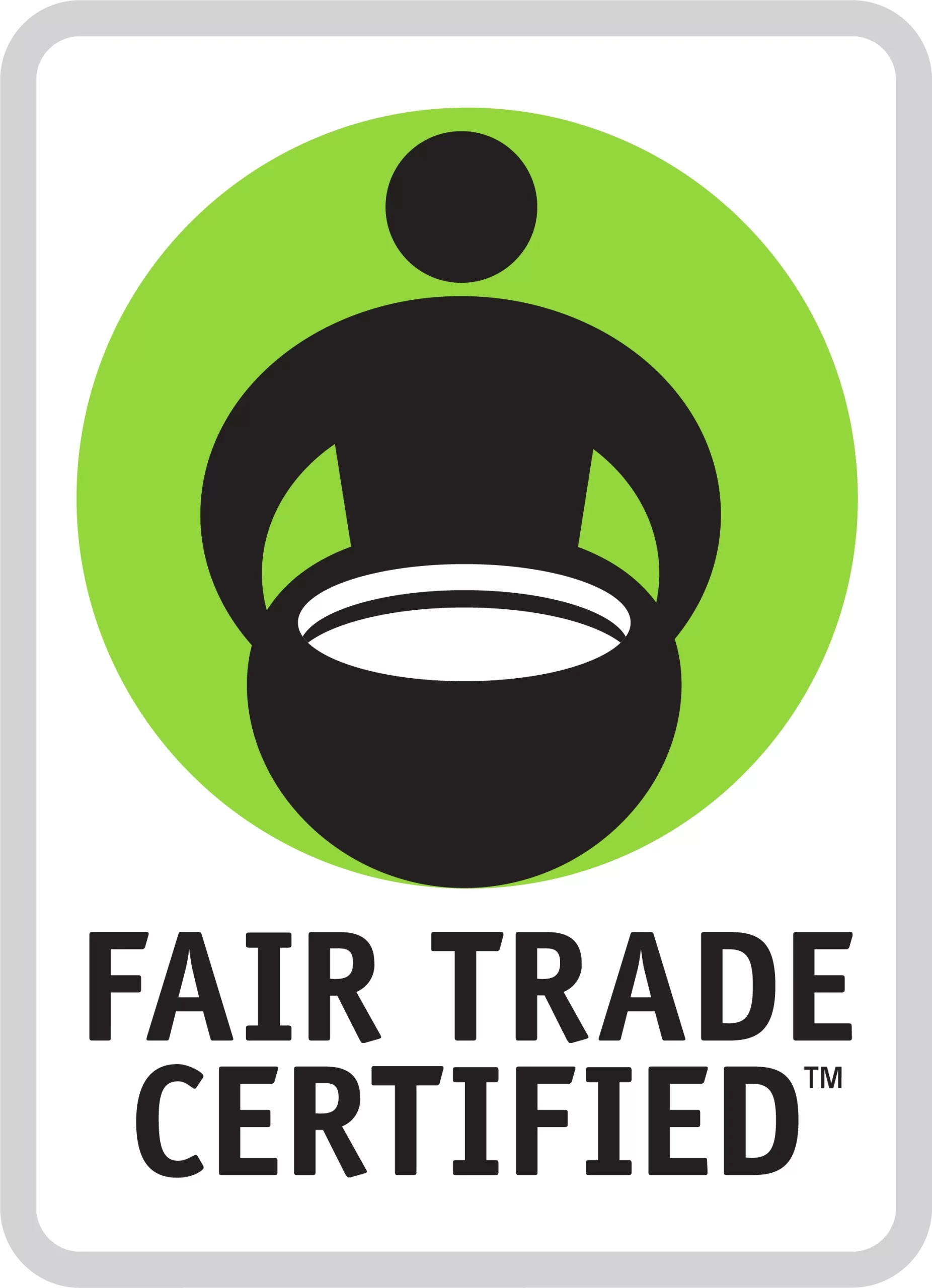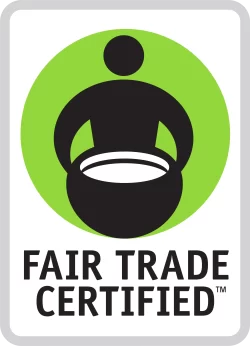
The Ethical Charter Implementation Program (ECIP) recognizes and celebrates growers who hold social responsibility certifications. As part of this effort, The Sustainability Consortium has benchmarked and approved 16 certification programs, confirming their alignment with the Ethical Charter on Responsible Labor Practices. Growers who hold one of these certifications receive free access to ECIP LAB and can achieve the highest engagement score on the platform.
Fair Trade Certified™ is one of these 16 approved programs recognized through the benchmarking and approval process. In this feature, we explore how Fair Trade USA advances worker well-being, drives community investment and complements the core values of the Ethical Charter.
What Fair Trade Certified™ Represents
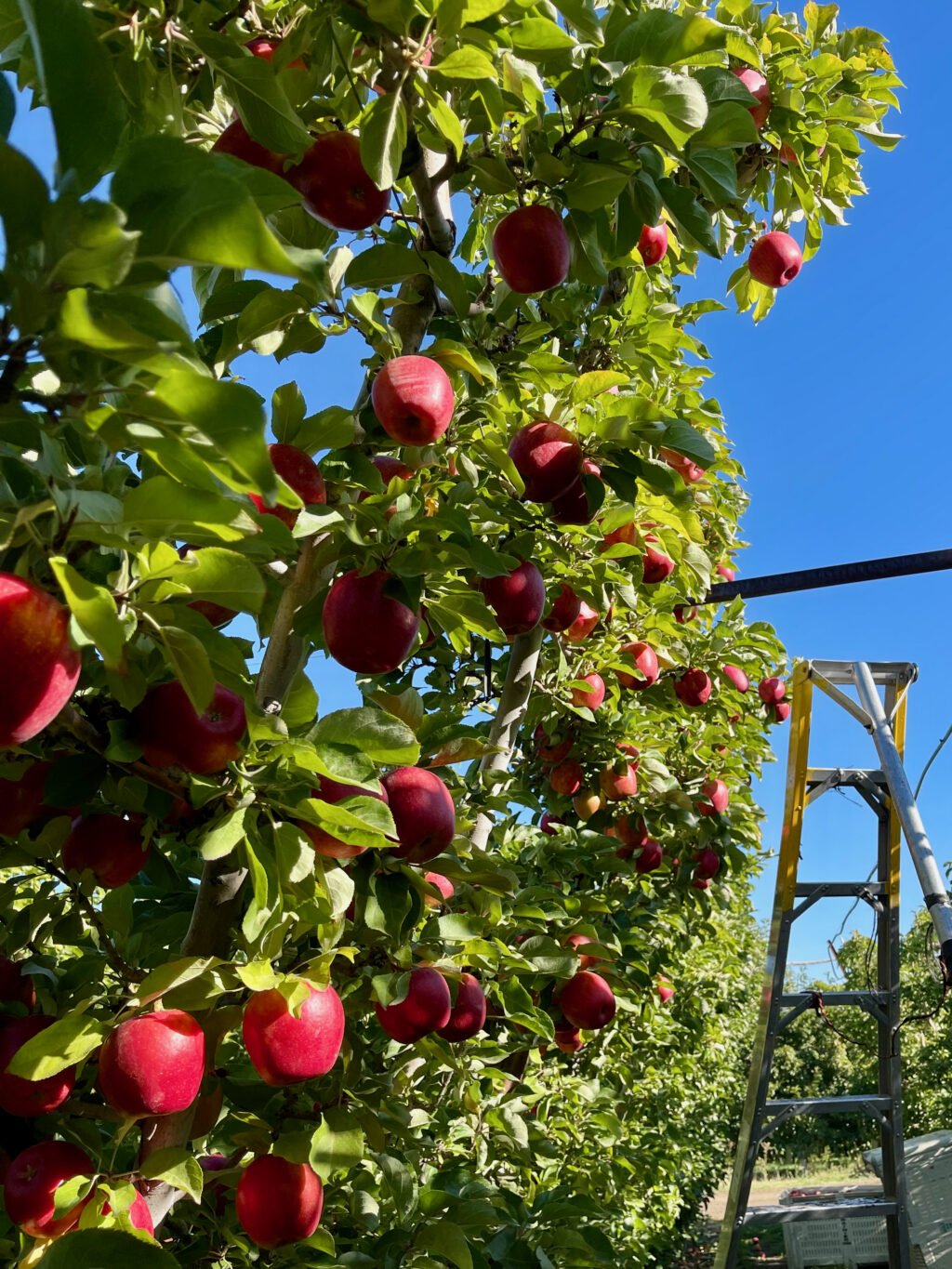
Fair Trade Certified™ is an award-winning sustainable sourcing certification working across agricultural, seafood, and factory supply chains to improve livelihoods, protect the environment, and foster resilient, transparent partnerships.
Fair Trade’s standards safeguard basic human rights and ensure fair and transparent terms of employment, strong health and safety practices, and meaningful environmental protections. But what sets Fair Trade apart is the Fair Trade Community Development Fund.
For every purchase made on Fair Trade terms, additional funds are directed to the people who power these supply chains, who then invest them into locally selected projects that reflect their needs and priorities. These projects are facilitated by a democratically elected, representative committee and help build leadership, capacity and long-term empowerment.
Growers who are Fair Trade Certified undergo an annual audit process, including worker and producer interviews, to ensure transparency and a full understanding of real working conditions.
Alignment to the Ethical Charter
Fair Trade USA’s standards align closely with the Ethical Charter and offer a framework for both compliance and continuous improvement. Their standards include a robust Internal Management System that supports year-round adherence to ethical labor practices.
Real Impact on Workers and Communities
Fair Trade’s impact is felt not just in the fields or factories—but in people’s lives. Through improved working conditions, community-led investments, and personal empowerment, the benefits are tangible. On a Fair Trade farm in Mexico, workers were asked what they thought of the program. A young woman responded:
“Fair Trade is the certification that is for us. We do other certifications, like organic, or food safety, but Fair Trade is the only one that gives me something in return. My daughter receives a scholarship from the Fair Trade Community Development Fund, so I take extra care when I know I’m packing tomatoes for a Fair Trade customer.”
On a flower farm in Ecuador, where the workforce is mostly women, many employees were frequently falling ill. After conducting a needs assessment, the Fair Trade Committee discovered that women were spending their Sundays—often their only day off—washing laundry in a cold mountain stream.
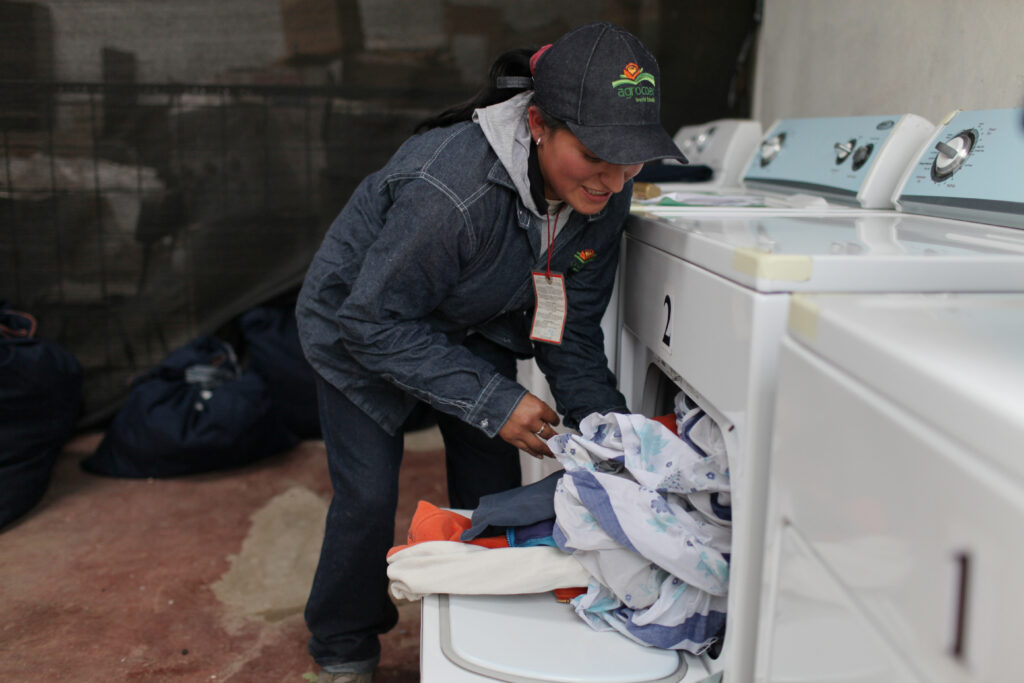
The committee decided to invest in washers and driers. The company gave them a place to put the washers and driers, and they used the funds to purchase the equipment and subsidize a salary for someone to wash the clothes. The women pay a small fee to have their clothes laundered while they work. Many of the women shared that they were so happy to have their Sundays back to spend time with their families, and one woman even shared that she had started taking classes on Sundays, to further her education.
Benchmarking of certifications that align to the Ethical Charter reinforces trust between suppliers and buyers, while recognizing the meaningful efforts growers have already made to protect worker well-being.
Questions about Fair Trade Certification?
